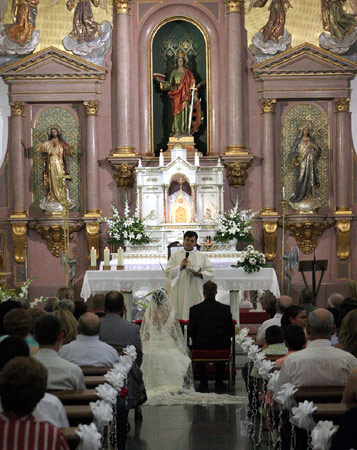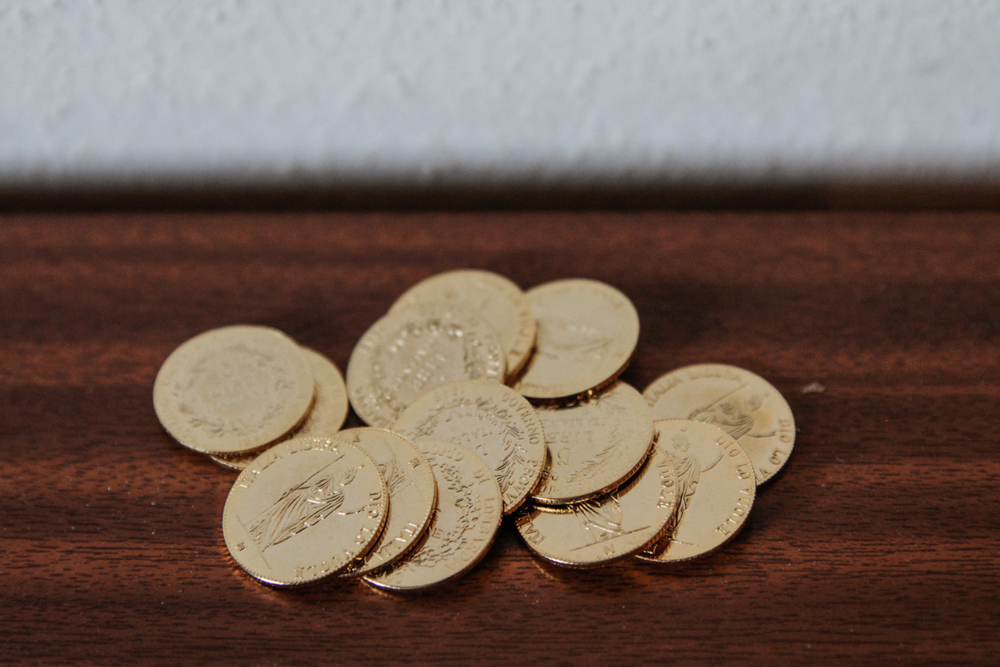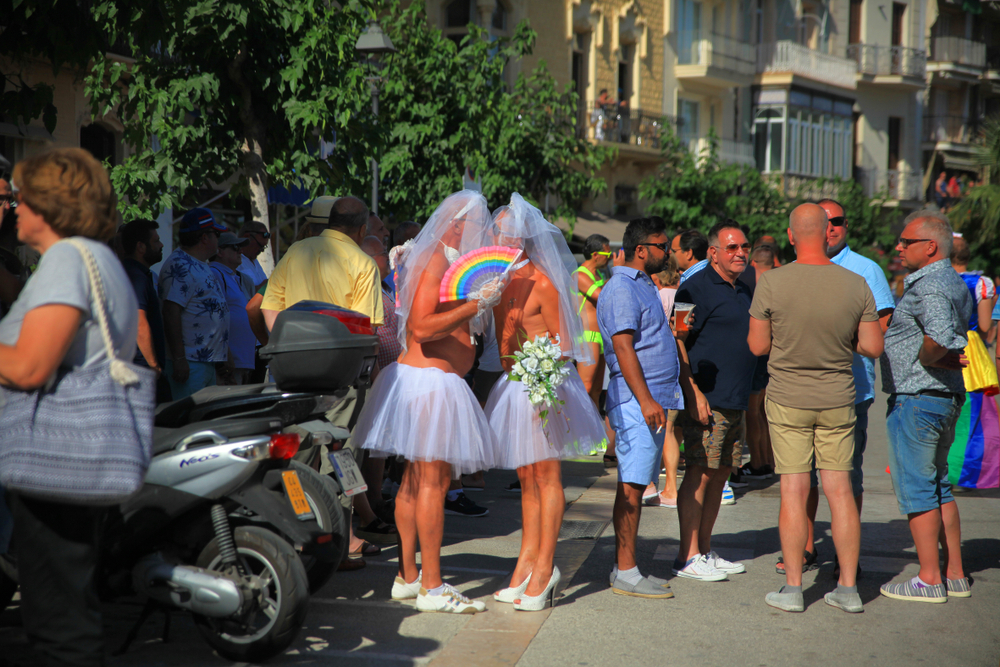Life Stages: Marriage
Marriage Norms
Marriage is considered a sacred union between a male and female, with the raising of a family as its chief purpose. Four out of 10 marriages take place in a registry office. Spain is generally liberal, and men and women have an equal say in their marriages.
It is preferred that the older child get married first. The desirable attributes for a prospective husband are that he should have completed his education and be financially strong with a good job and his own apartment. An ideal woman should be feminine, loyal, loving, well-mannered, and educated, should maintain the family’s customs and religions, and should bear children.
The minimum legal age for marriage is 18 years, and most couples marry between the ages of 30 and 33. Spanish law recognizes religious marriages without a second, civil ceremony, but couples first need authorization from the civil authorities. Civil marriages take place at the Civil Registry in Madrid or, outside of the capital city, at the District Court of the bride’s or groom's hometown. After a couple is wed, they live with the wife’s family until they are financially secure.
Spanish law permits people who are not Spanish legal residents to marry in Spain, but Catholic ceremonies require the foreigner to get the bishop’s permission. Women are not required to change their birth surname after marriage in any part of Spain.
Extramarital affairs are socially condemned, but they still exist. Infidelity is more frequent among men than women. Polygamy is illegal.
Wedding Customs
Weddings are serious affairs and big social events in Spain that call for a grand party commensurate with the status of the family. Most marriages take place in a church with expensive wedding receptions thereafter. Orange blossoms, which symbolize fertility, happiness, and fulfillment, feature prominently in the wedding decorations.
It is considered unlucky for the groom to see the bride the night before the wedding. The groom usually wears an embroidered shirt handmade by his prospective wife, and the bride wears a traditional white dress. The bride carries a bouquet as she proceeds down the aisle of the church with her father and flower girls. Other Spanish wedding traditions include having the bride and groom exchange a pouch of 13 gold coins during the ceremony to symbolize their future of sharing everything with each other. The coins have to have been in the family for many years.
After the wedding, the bride tosses her bouquet into the air, and the girl who catches it will supposedly be the next to marry. The bride also traditionally distributes pins resembling lilies or orchids to all the unmarried women at the reception. They are supposed to wear the pin upside down while dancing and if the pin drops, the woman will soon marry. Spanish wedding reception guests traditionally dance a sequidilla and present the newlyweds with gifts.
Same-Sex Marriage
Spain recognizes same-sex marriage. Spain passed a law allowing same-sex couples to marry in 2005, and the first same-sex marriages in the country took place on July 3, 2005. Same-sex marriage in Spain is treated in the same way as opposite-sex marriage, and same-sex couples have the same rights and responsibilities as married opposite-sex couples, including the right to adopt children.
Divorce
Divorce has been legal in Spain since 1981. Spanish women have the right to initiate divorce on various grounds, including mutual consent. Recent moves have streamlined the divorce process, which had previously required a “verbal trial” and taken an average of two years to complete. The mother usually receives custody of the children, and the father has to pay for their maintenance. The divorce rate in the country is low but increasing in urban areas. Remarriage is permitted in Spain after the divorce or death of a spouse.
Copyright © 1993—2025 World Trade Press. All rights reserved.

 Spain
Spain 

